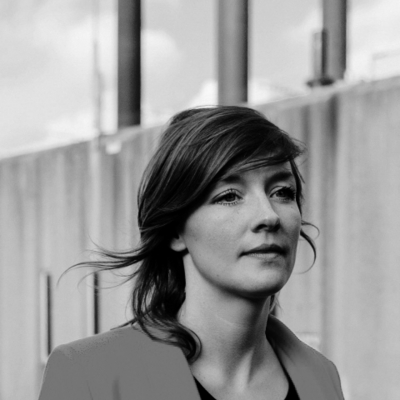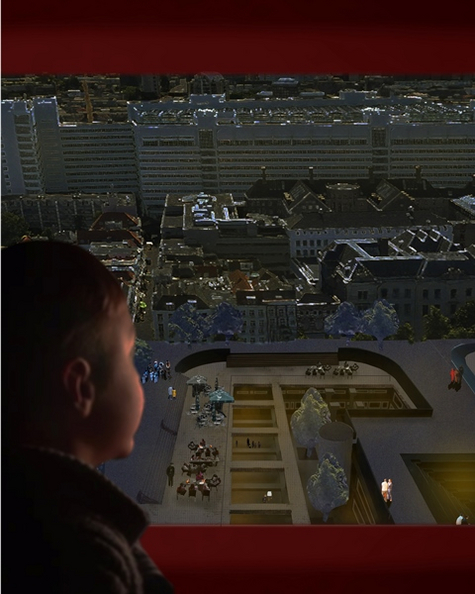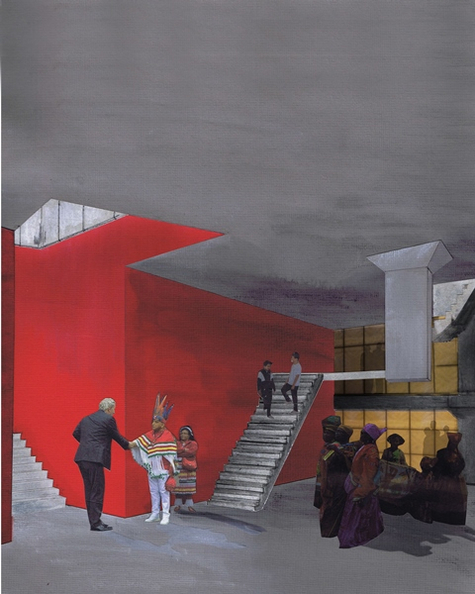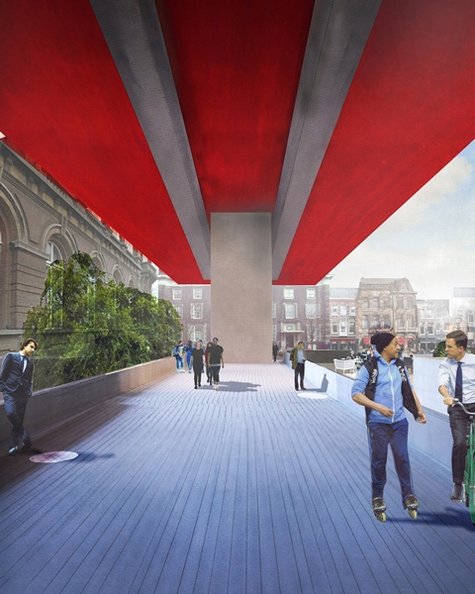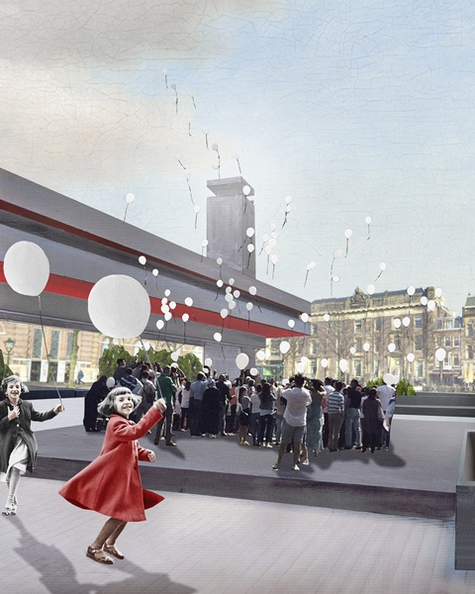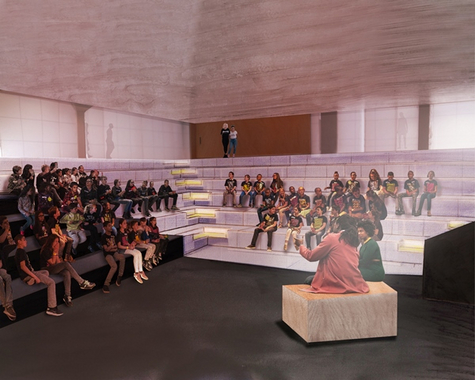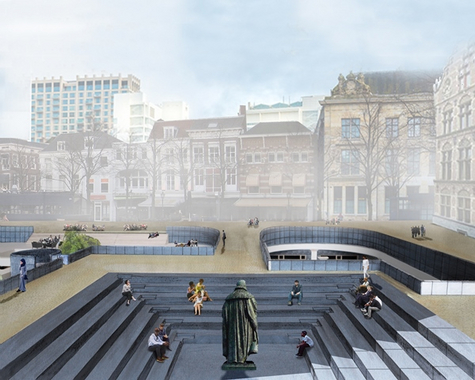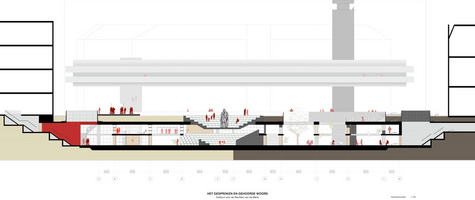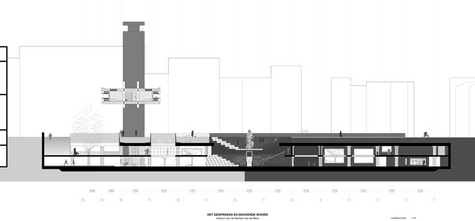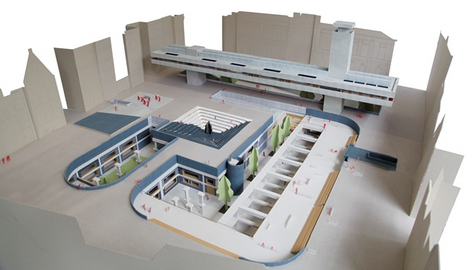Lorien Beijaert
- Contact
- LinkedIn
Het Gesproken en Gehoorde Woord - Instituut voor de Rechten van de Mens
(In collaboration with Arna Mačkić.)
Cities are traditionally known as places where there is a wealth of knowledge and wide range of people. These elements give the urban dweller the opportunity to place him or herself within a broader context and to gain different perspectives on the world around him or her. Democratic and inclusive public places are necessary in order to come into contact with ‘the other’. However, the presence of this in Western European cities – where segregation is becoming a growing phenomenon – has become a challenge. This is also the case in the Netherlands, where public places are often designed on the basis of legislation driven by money and fear, instead of bringing people together.
Inclusive public places are places in which groups of people are not excluded, which different groups can identify with and which can be appropriated by different groups of people. In a democratic and inclusive public place, one can relate to the other. Relating to means identifying yourself with the other. This is a continuous and open process that is never finished and never fixes thing There is a need for places where this continuous identification is possible: a permanent self-study through the study of the other. Space and language are essential aspects in this. There is a need for public spaces where one can meet and study the other by entering into discussion, seeking confrontation and being given the opportunity to look at the same theme from different perspectives. In this way, we can head towards a sustainable social society.
The Plein (The Square) in The Hague is the ideal place and case study for the development of a democratic and inclusive place where one can confront the other and identify with the location. First of all, because The Hague as political city and the Plein as public place are the heart of the democracy. The square Plein, built in 1632, has always been an important place, historically speaking, for this subject. Due to the proximity of the Binnenhof (Inner Court) and the meeting places of the government and parliament situated there, the Plein is often used as a location for political protest demonstrations and rallies. Moreover, this is an urgent assignment in The Hague, because income segregation was already an important issue during the development of the city: those who were well-off settled on the sandy soil and poorer newcomers around the industries on the cheap peat. The border between the sand the peat is precisely located in the soil under the Plein.
We propose an inclusive and democratic place on the Plein by first providing a place for the Netherlands Institute for Human Rights on the Plein. This building must offer people a platform for legal actions relating to human rights issues. In addition, one can publicly investigate both current and historical events in the archive, commemorate them on the Plein and bring them to light in the forum. Subjects can be investigated, for example, for which there is hardly any attention, money and scope at present. Secondly, we will add the platform for the Spoken and Heard Word to the Institute and the Plein as a new element. This is a platform for secondary school students within which an investigative attitude towards the future is offered through looking at human rights themes from different perspectives by means of debates. The students, who will receive lessons on debating for an entire week, will sleep in the building designed on the Plein. The legal proceedings and debates will take place in the forum. In addition, young people and senior citizens will also be given the opportunity to tell their own story in the platform. This will be recorded, archived and take place in and around the building.
All elements will react to the current qualities and phenomena present on and around the Plein. The ultimate aim to make the Netherlands Institute for Human Rights redundant and to replace this with the platform for the Spoken and Heard Word.
Commission members: Uri Gilad, Holger Gladys, Wouter Kroeze. Ira Koers, Marlies Boterman. Additional members for the examination: Jarrik Ouburg, Jan van Grunsven
